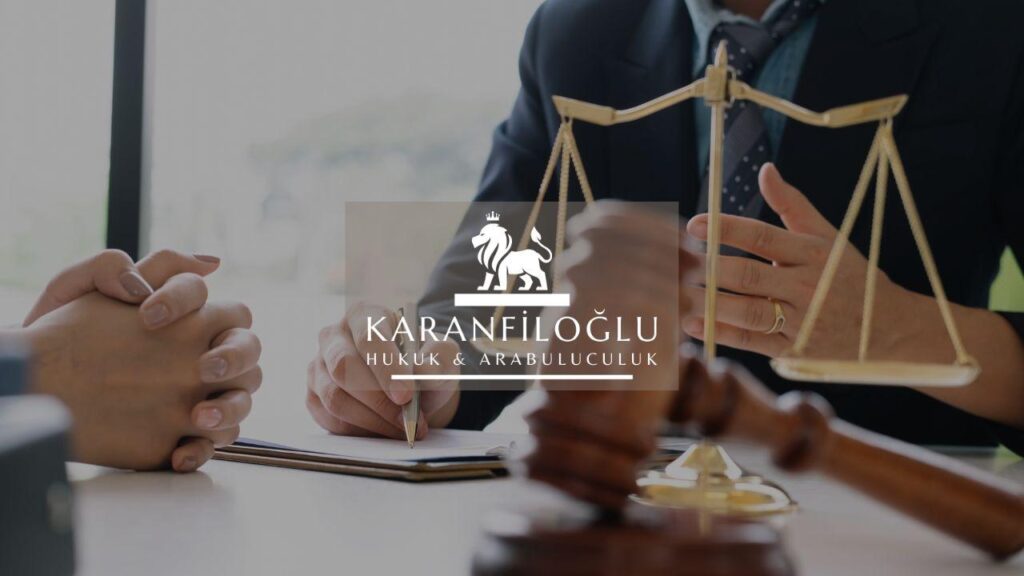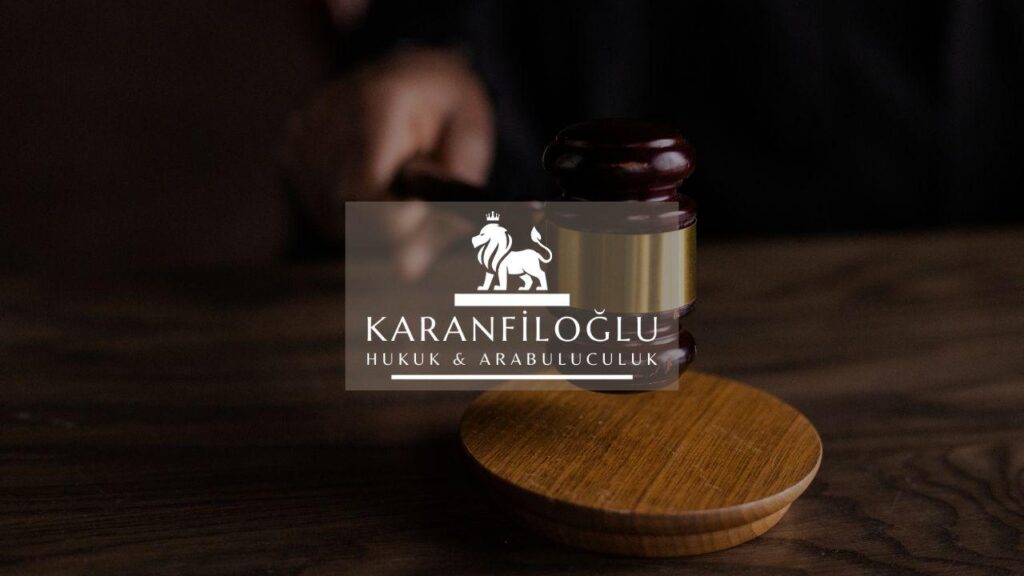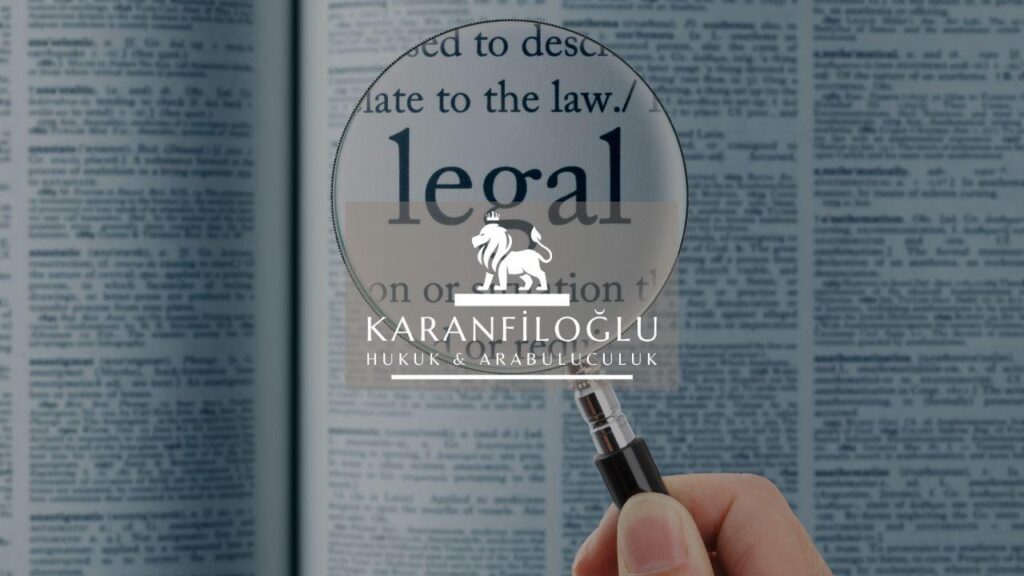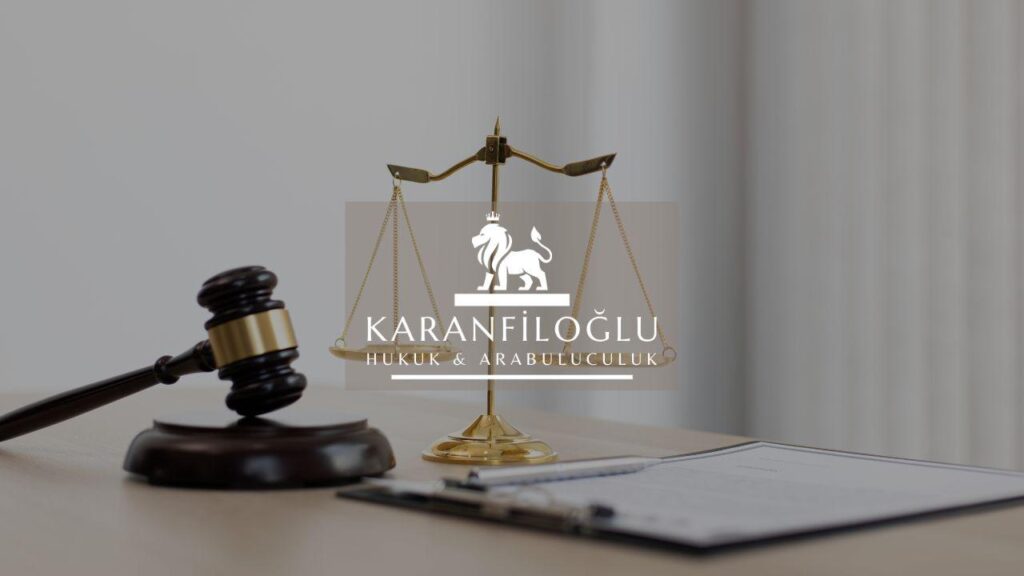Family disputes in Turkey can be complex, emotional, and legally challenging, making it imperative to navigate them with adept legal guidance. At Karanfiloglu Law Office, we specialize in addressing these sensitive issues within the robust framework of Turkish law, specifically governed by the Turkish Civil Code (No. 4721) and the Code of Civil Procedure (No. 6100). Our legal experts are proficient in managing various family disputes such as divorce proceedings, child custody battles, alimony claims, and property division. By ensuring adherence to Articles 161-184 of the Turkish Civil Code, which lay out the grounds and procedures for divorce, as well as Articles 335-351 focusing on parental rights and obligations, we provide our clients with comprehensive and empathetic legal assistance. Understanding the intricacies of these statutes and their application is crucial for achieving a fair resolution and maintaining familial harmony, which is the foundation of our approach at Karanfiloglu Law Office.
Legal Framework for Family Disputes in Turkey
Navigating the legal landscape for family disputes in Turkey necessitates a profound understanding of the Turkish Civil Code (No. 4721) and the Code of Civil Procedure (No. 6100). The Turkish Civil Code addresses critical aspects, such as divorce (Articles 161-184) and parental rights (Articles 335-351), which underpin many family disputes. For instance, the grounds for divorce are explicitly outlined in Article 166, which includes conditions like irretrievable breakdown of marriage. The Code of Civil Procedure provides the procedural framework for initiating family-related lawsuits, ensuring they are conducted fairly and efficiently. At Karanfiloglu Law Office, we emphasize adherence to these statutes to protect our clients’ rights and strive for amicable resolutions that respect both legal standards and familial bonds.
In addition to divorce and child custody, the Turkish Civil Code also regulates alimony and property division, pivotal aspects in family disputes that require meticulous legal handling. Article 175 of the Turkish Civil Code addresses the right of a spouse to claim alimony, detailing the conditions under which financial support can be awarded post-divorce. Property division, articulated in Articles 218-241, stipulates the separation of marital assets and liabilities, ensuring an equitable distribution based on the parties’ contributions and needs. Moreover, Article 184 outlines the conduct during divorce proceedings, emphasizing the necessity of honesty and fairness. At Karanfiloglu Law Office, our expertise includes navigating these nuanced provisions to secure our clients’ financial stability and equitable asset division, tailoring our approach to each unique family scenario while upholding the principles enshrined in Turkish law.
In resolving family disputes, mediation and alternative dispute resolution (ADR) methods play a vital role under Turkish law, offering more amicable and less adversarial routes. The Law on Mediation in Civil Disputes (No. 6325) and the Mediation in Family Disputes Regulation provide frameworks for voluntary and mandatory mediation sessions. Specifically, Article 2 of the Mediation in Family Disputes Regulation underscores the importance of finding solutions that preserve the family structure and consider the best interests of children. These mediation sessions aim to facilitate communication and mutual understanding between disputing parties, promoting agreements that mitigate conflict and maintain familial relationships. At Karanfiloglu Law Office, we advocate for our clients’ rights through these ADR mechanisms, ensuring compliance with legal standards while fostering harmonious and pragmatic resolutions. Our commitment is to guide our clients through every step of the mediation process, combining legal acumen with compassionate support.
Essential Steps in Resolving Family Conflicts
Navigating through family conflicts begins by seeking adept legal advice to understand your rights and responsibilities under Turkish law. At Karanfiloglu Law Office, we emphasize the importance of a preliminary consultation to evaluate the specifics of your case thoroughly. This initial step should include gathering all relevant documents, such as marriage certificates, birth certificates of children, financial records, and any prior agreements related to property or child custody. Understanding the legal framework is paramount; Articles 166-175 of the Turkish Civil Code detail the process for divorce and mutual agreements, while Articles 327-340 address the maintenance of children. By meticulously reviewing these statutes alongside your personal circumstances, we formulate a strategic approach tailored to achieving the best possible outcome, ensuring that each action taken aligns with both legal requirements and the emotional sensitivities involved in family disputes.
Once a detailed understanding of your case has been established, mediation is often recommended as an essential step to resolve family disputes amicably. Mediation, particularly emphasized in Article 2 of the Law on Mediation in Civil Disputes (No. 6325), aims to facilitate a mutually agreeable solution while preserving family relationships. At Karanfiloglu Law Office, our experienced mediators assist in negotiations concerning critical issues such as child custody, inheritance settlements, and spousal support. We ensure that these discussions respect the provisions stipulated in Articles 182 and 183 of the Turkish Civil Code, which outline the finality and execution of decisions related to parental rights and obligations post-divorce. By prioritizing mediation where feasible, we help our clients avoid protracted court battles, thereby reducing both emotional and financial strain, and promoting a more harmonious resolution to familial issues.
However, if mediation does not yield a satisfactory resolution, the next step involves formal legal proceedings. At Karanfiloglu Law Office, we are committed to guiding our clients through the intricacies of courtroom litigation with precision and care. Initiating a lawsuit requires a well-drafted petition, in accordance with Article 119 of the Code of Civil Procedure, which sets out the necessary elements for a valid claim. During the legal process, matters such as the division of marital assets are governed by Articles 202-281 of the Turkish Civil Code, ensuring that both equitable distribution and specific individual contributions are taken into account. Additionally, child custody and visitation rights, which are critical components of post-divorce arrangements, are rigorously defended under Articles 336-358. By meticulously preparing for trial and diligently advocating for our clients’ rights, we strive to secure fair and just outcomes that uphold both the legal standards and emotional well-being of those involved in family disputes.
Choosing the Right Legal Support for Family Issues
Choosing the right legal support for family issues is crucial for navigating the complexities of Turkish family law. At Karanfiloglu Law Office, our experienced attorneys are well-versed in Articles 184-201 of the Turkish Civil Code, which deal with procedural requirements for family disputes and resolutions. With in-depth knowledge of the Code of Civil Procedure (No. 6100), specifically Articles 116-134, which pertain to family law-related cases, our team is committed to providing tailored legal advice. This ensures that every step of the legal process, from filing petitions to representing clients in court, is handled with utmost care and expertise, safeguarding your interests while aiming for an equitable outcome.
Our firm places a strong emphasis on personalized legal strategies, recognizing that every family dispute is unique and requires an individualized approach. Karanfiloglu Law Office offers comprehensive consultations to understand the specific details and nuances of your case, ensuring our legal advice and actions align with your best interests. By meticulously evaluating each aspect under the pertinent laws, including Articles 170 and 174 of the Turkish Civil Code which cover contested divorces and pecuniary compensation, respectively, we aim to anticipate potential challenges and provide proactive solutions. Our goal is not just to address the present issues but also to safeguard our clients’ future well-being, striving for resolutions that promote long-term harmony and stability.
Ultimately, the choice of a legal partner can significantly influence the outcome of your family disputes. At Karanfiloglu Law Office, we not only possess expertise in relevant laws such as Articles 336-346 of the Turkish Civil Code, which govern child custody and guardianship, but also demonstrate a compassionate approach to sensitive family matters. We believe that blending legal proficiency with empathy fosters a supportive environment that allows our clients to make informed, confident decisions during distressing times. By choosing Karanfiloglu Law Office, you entrust your case to dedicated professionals who prioritize your family’s well-being and are committed to navigating the complexities of Turkish family law to achieve the best possible resolution for your situation.
Disclaimer: This article is for general informational purposes only and you are strongly advised to consult a legal professional to evaluate your personal situation. No liability is accepted that may arise from the use of the information in this article.







